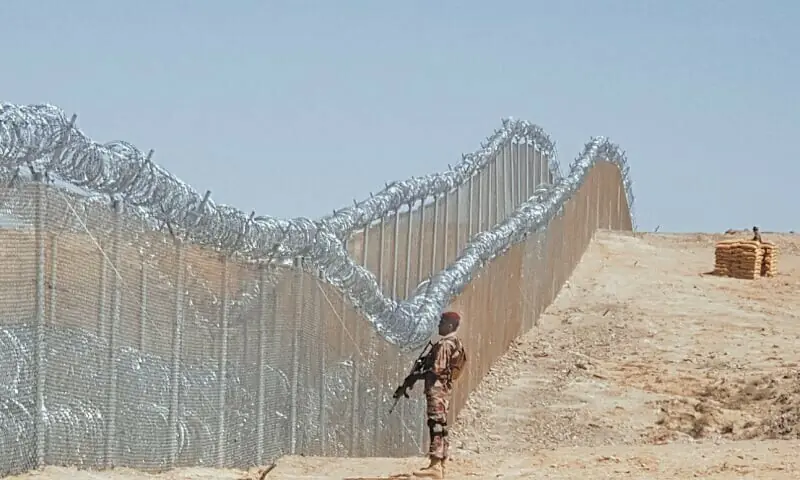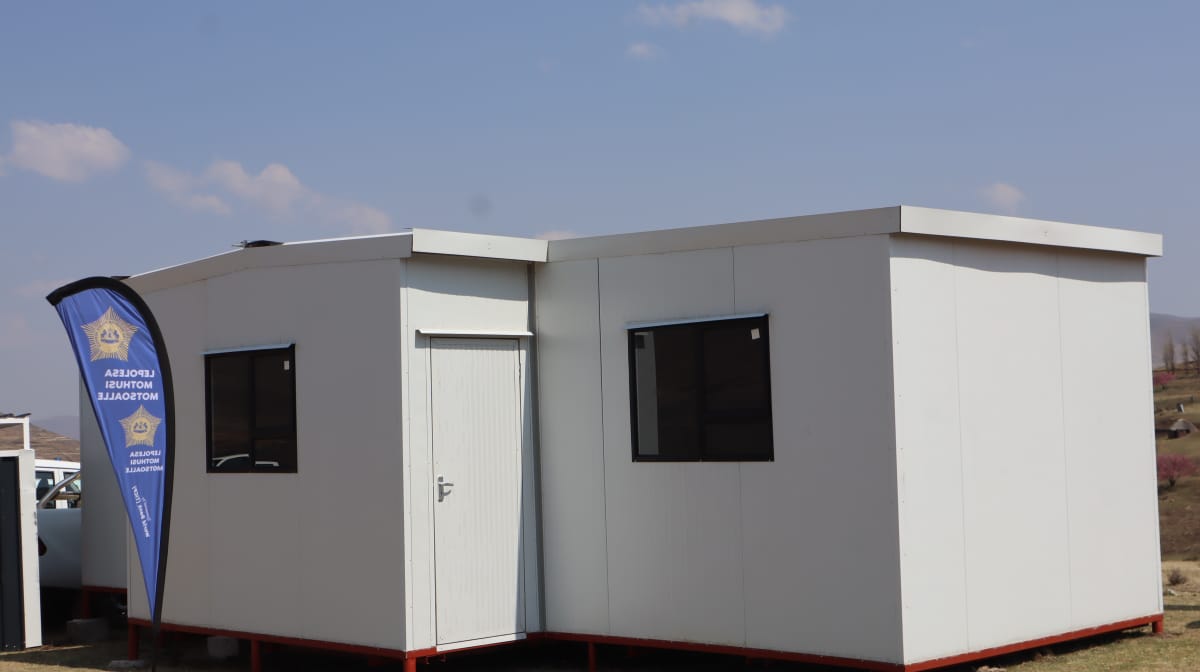By Ibrahim Shinwari
Copyright dawn

KHYBER: On the instructions of Corps Headquarters in Peshawar, security officials posted in different tribal districts located on border with Afghanistan, particularly Khyber and Bajaur, have adopted a new operational strategy by intensifying surveillance of border to halt infiltration of terrorists, according to official sources.
“We are in the process of effectively cutting off all their (militant groups operating from Afghanistan) supply lines alongside working on identifying their weaknesses and sources of strength,” they told this scribe.
They said that law enforcement agencies (LEAs) were also at work to restrict terrorists present in bordering regions to their current locations in order to exhaust their fighting skills while avoiding collateral damage to local population.
Sources said that the shift in the strategy was aimed at ensuring that ‘resource feeding’ of terrorists from across the border was severed with simultaneous patrolling of troubled spots with sporadic intelligence operations (IBOs) also in progress to cause maximum damage to internal militant groups.
Officials say intensified border surveillance will halt infiltration of militants into Khyber and Bajaur
They said that the new strategy would help in disconnecting ammunition, financial and human resource replenishment of terrorist groups, especially Tehreek-i-Taliban Pakistan (TTP), operating in different tribal districts with their control centres located inside Afghanistan. “These could be disturbed only when we succeed in effectively stopping infiltration from Afghanistan through the porous Pakistan-Afghanistan border,” they insisted.
These officials said when the support chain of terrorist groups from across the border was broken, LAEs could easily exploit the situation to their benefits as it would result in weakening the resolve of outlawed groups due to demoralisation in their ranks owing to resource crunch.
They believed that the upcoming six months, from September to February next year, were an ideal time to effectively check infiltration from Afghanistan as it was generally observed during previous years that most terrorist groups returned to their sanctuaries in Afghanistan in winter or looked for ‘safe heavens’ in the bordering districts to take a break from fighting and also to replenish their resources prior to the onset of ‘spring offensives’.
“Within operational framework, we must capitalise on this ideal time to minimise the chances of these groups to replenish their resources during winter and also effectively work on identifying their sources of strength and weaknesses alongside discouraging local recruitments,” informed official sources said. They added that effective surveillance of the border would also help in declining new recruits from Afghanistan.
These officials believe that with the new operational strategy, LEAs would be in a better position to conduct intelligence-based operations with minimum chances of collateral damage and less opposition from locals, who had been opposing large scale military operations and their forced displacement.
They said that in order to effectively tackle and inflict losses on terrorists groups, LEAs were working on a strategy to provide an escape route to those militants, who had either taken refuge in populated areas or taken locals as hostages.
“At present they are restricted in a bowl where they would either put up resistance or would make locals hostages to use them as a human shield or they would remain dormant,” said officials. They added that once terrorists tried to leave their temporary abodes, they would be effectively eliminated with remote chances of any collateral damage.
“This is a new approach within the domain of operational readiness or framework while this strategy varies from area to area with no specific focus on any one particular region or locality,” they said.
Authorities in May had conveyed to the elders of Tirah and Bara an official message about the launch of a full scale military operation in parts of Tirah where TTP, Lashkar-i-Islam and Hafiz Gul Bahadar group had established their bases and also started receiving Islamic tax (Ushr) on the profit that locals had earned from sale of poppy and other contraband.
Those groups had also established parallel courts where locals were compelled to bring their disputes for adjudication in light of the teachings of Sharia, said sources.
The message about full scale military operation, conveyed through commissioner of Peshawar during at least three official meetings till mid June, was rejected by the elders of both Tirah and Bara.
Locals also opposed their forced displacement prior to the start of any military offensive against outlawed groups in Tirah.
Provincial Disaster Management Authority has also established a registration centre for the families to be evicted from Tirah in Paindi Cheena locality but not a single family has so far registered itself at the centre despite a lapse of four months.
Officials, however, refuted the impression that change in border security strategy was introduced owing to resistance by locals of military operations and their refusal to vacate their houses under pressure from security forces.
They said that security forces would conduct military operations with slight modifications when the situation in any particular area became unavoidable and locals would be shifted to a comparatively safe place for a short duration of time.
Meanwhile, information gathered from different parts of Tirah speak of a calm but uncertain situation as according to locals, militant groups continue to patrol the areas under their influence while the movement of security forces is restricted to their fortified bases.
Security officials in Bagh Maidan Markaz of Tirah had recently conveyed to local elders that no forced displacement would be conducted in Tirah nor would local tribes be compelled to form tribal Lashkars to fight against outlawed militant groups.
Published in Dawn, September 15th, 2025



